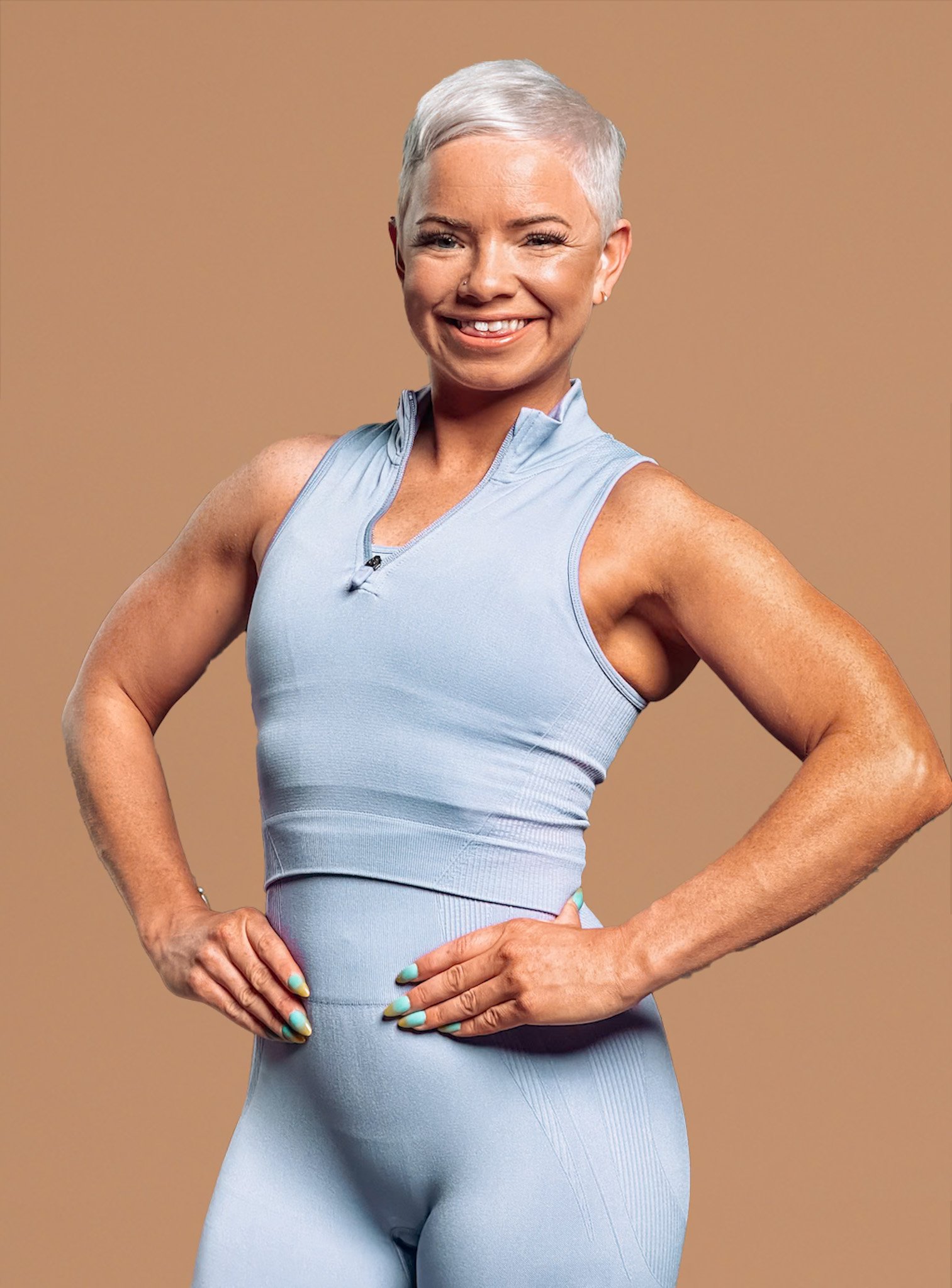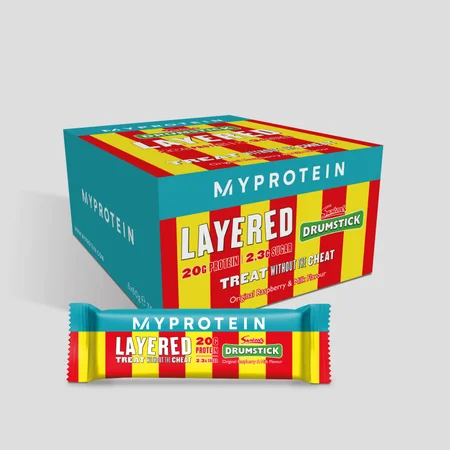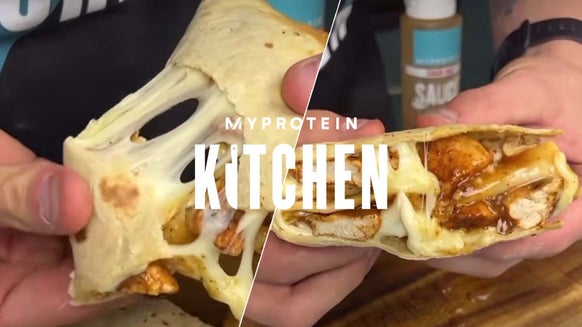
Before studying personal training and nutrition and getting into the health and fitness industry, I was a professional Irish dancer for over 10 years. When the pandemic arrived in March 2020, I was in Germany working for a dance company. Our tour was cut short, and all the work I had lined up was postponed indefinitely or cancelled.
Nightmare, right?
My greatest fear
In fact, my nightmare had begun two weeks before. I was dancing on a faulty stage that fell apart while I was on it, resulting in me, very shaky, hobbling off stage as gracefully as I could and being taken to a local hospital.
I think every dancer has experienced this fear at some point. Is it broken? How long will I not be able to dance? What will I do for work?
After what felt like an eternity waiting for my X-ray results, we played the fun game of trying to guess the translation of my diagnosis. I could immediately work out there was no break. I was so happy I cried.
But the rest of the news wasn’t so good. “Band, near break.” I’d nearly snapped my ligament and would have to wear a boot for six weeks. I cried again.
There were two weeks left of the tour. I had no work at home to return to, so I stayed on in a new role helping with costumes.
Standing backstage, unable to dance, was painful. It hurt too much at the times I should have been getting into my shoes and costume, even more at the times I should have been dancing.
I sometimes find, as an artist, you get stuck in the mentality of “stick to what you’re good at”. I’d always been a dancer, and I was happy doing just that.
That is until I couldn’t do it any longer. When I got injured, I lost a part of myself, my identity. I felt so lost. Who was I if I couldn’t dance?
Moving on
As my anger and sorrow began to subside, I realised that maybe I could do something other than dancing. What if my commitment and contentment over the years had actually been affecting me negatively? Had I stopped challenging myself?
I’d found myself in a situation where I had no choice but to figure out what else I could do. I couldn’t dance, so I had to think on my feet. What was I passionate about?
I love all health and fitness. I love nutrition. I love learning about the workings of the mind. I love helping people. I am good with people. I work hard, and I get stuff done.
So why not become a coach?
Two years on, I’m working in the health and fitness industry as a successful online coach. I adore what I do, and if it hadn’t been for the curveball of the injury and then the pandemic, who knows what I’d be doing now.
Overcoming challenges life throws at you
The point I’m making is life does not always go to plan, and although a situation may feel bad at the time, the challenge of it can be the making of you.
"Man plans, and God laughs” is an old Yiddish saying. Despite our most careful planning, the road of life is unpredictable. In life, we must learn to navigate bumps in the road and embrace the sometimes messy journey, with all its ups and downs.
Consistency over perfection always
I work primarily as a female fat loss coach. The highs and lows of a fitness journey are something I make clear to my clients from the off.
The one thing I tell my clients when we begin working together is that for any plan to succeed, it must be a complete lifestyle change and not a “six-week get-shredded-quick diet and exercise plan”.
It’s about consistency over perfection, showing up every day and focusing on long-term sustainable habits.
It’s this consistency over time that’ll propel you to meeting your goals. It’s by far the most important factor in success. Step away from the all-or-nothing mentality and thinking every day, every workout need to be perfect. Being consistent and patient are way more important.
From a practical perspective, calorie consumption should be measured by weekly and monthly averages. Step count and NEAT (non-exercise activity thermogenesis, the energy expenditure of everything other than metabolism and exercise) activity levels should also only be measured over weeks and months.
You do not gain and lose weight in a day. Weight fluctuates from day to day, but this is not due to fat loss or gain.
Action over time is what brings results. So your mindset should be “always something” rather than “all or nothing”.

Life happens
Does this scenario sound familiar to you? You start with the best intentions, buzzing with motivation to start a new diet and exercise plan. You’ve paid a fortune for it; nothing is going to stand in your way.
You’re going to cut out chocolate, bread and wine. You’re going to train six times a week.
But then something happens …
Life.
Work’s crazy, one of the kids gets sick, you get injured, a loved one receives some bad news, and all of a sudden the diet and exercise plans are no longer your priority and go out the window.
When life happens, we have two options:
- We throw in the towel and press the give-in button. We ditch the diet and all activity.
- We draw a line under it and move on. We cannot change the past, but we can decide how we respond and react to events.
So, if you have a pastry and latté instead of your high protein yoghurt and fruit breakfast, make up for it with a high protein lunch with some extra fruit and veggies, and do something similar for dinner.
Don’t have time to get to the gym? Go for a walk on your lunch break.
Imperfect action is the way forward. Step away from thinking everything needs to be perfect all the time and that plans must always fall into place. Regularly practicing imperfect action is the best way to change your mindset and fix bad habits.
Choosing how you respond
“Human freedom involves our capacity to pause between stimulus and response and, in that pause, to choose the one response toward which we wish to throw our weight.” Rollo May, The Courage to Create.
The power of the pause. I talk about this a lot when I’m explaining the benefits of meditation, but it applies to nearly everything in life. It all comes back to the power in the pause.
As someone who’s hot headed, passionate and hates being wrong, I’ve spent much of my life not responding properly to unexpected events. Whenever something disrupted my plan, I would fly off the handle and get myself in a tizzy.
An important thing to remember is we cannot control many of the things in our lives, and it’s pointless trying to control external circumstances.
But we can control how we respond to events.
So when life throws you a curveball take a moment, breathe and assess. Ask yourself: “how can I respond to this in a way that will benefit me in the future?”
And sometimes, believe it or not, when life throws massive curveballs at you and your life’s turned upside down, it’s often an opportunity for something new and exciting to come into your life.
Just like when I fell through the stage when dancing.
Take home message
Never in a million years did I think I would find a job I loved as much as dancing. But seeing my clients flourish warms my heart in a way that performing to thousands of people on a lit-up stage doesn’t even match.
Life got in the way of what I had planned, but how I responded has been the making of me. And I couldn’t be happier about it.









